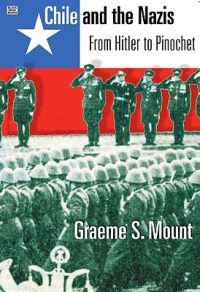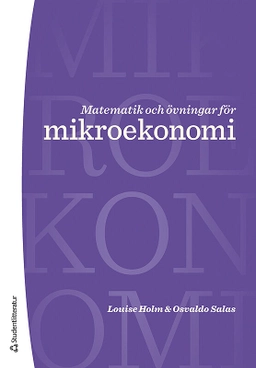After the Japanese attack on Pearl Harbor and Hitler's subsequent declaration of war upon the United States, Chile's reluctance to sever diplomatic ties with Nazi Germany allowed it to maximize its opportunities there, influencing Chilean politicians, military operations, and the popular media. This is the story of Chile, of its efforts to maintain neutrality, its abandonment of neutrality, and the significance -- long-term and short-term -- of those actions. Based on documentary evidence from the archives of the Chilean Foreign Office, and from U.S., British, German, and, intercepted, Japanese documents, Mount is one of the first authors to provide evidence of the events and circumstances surrounding Chile's refusal to comply with the will of the White House and the State Department, in 1942, that they sever diplomatic relations with Nazi Germany, Fascist Italy and Imperial Japan. According to his findings, this refusal allowed these countries to use their embassies as centres of espionage that radiated as far north as Canada. Mount concludes that although the government of President Rios finally did make the break, sympathy for the Nazis and their values did not disappear but continued to have an impact upon Chile into the era of Augusto Pinochet, Chilean head of state from 1973 to 1990.
Åtkomstkoder och digitalt tilläggsmaterial garanteras inte med begagnade böcker





















